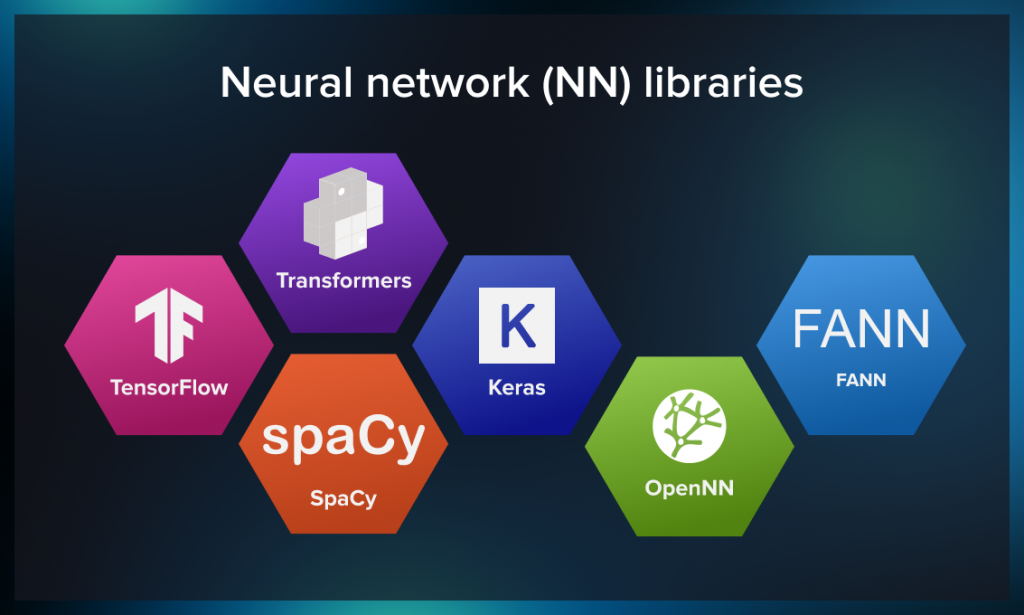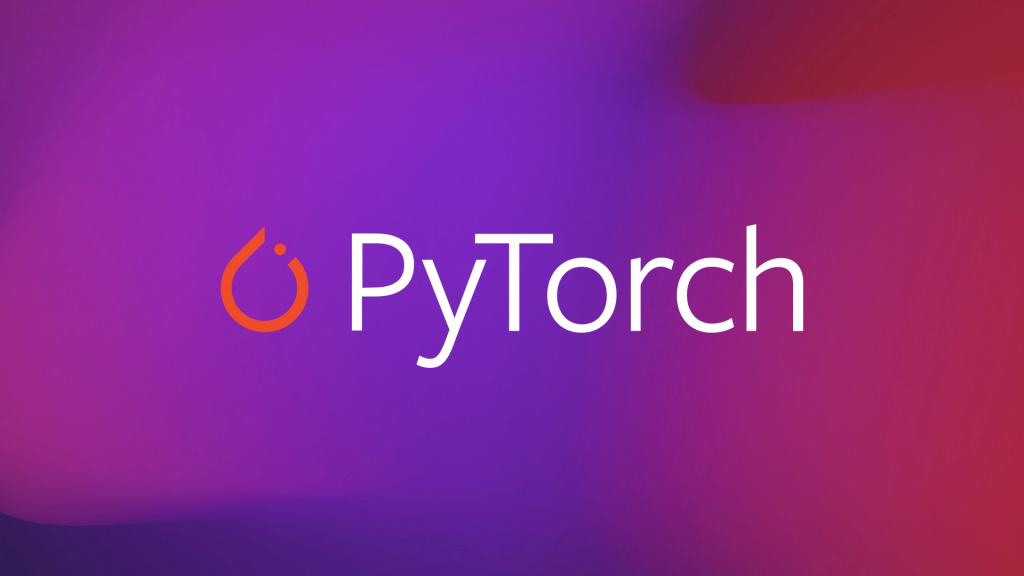
Are you a fan of machine learning and artificial intelligence? Then you must be familiar with the term “neural networks.” Neural networks are a set of algorithms that are designed to recognize patterns and make predictions. They are a crucial part of machine learning and artificial intelligence. If you are looking for a comprehensive list of neural network libraries, then you have come to the right place. In this article, we will provide you with a list of the best neural network libraries that you can use for your next machine learning project.
TensorFlow
TensorFlow, the brainchild of Google, is one of the most widely used neural network libraries. It is a powerful neural network library that is widely used in the machine learning community. TensorFlow was developed by the Google Brain team and is currently one of the most popular neural network libraries.
PyTorch

PyTorch is another popular open-source machine learning library that is used for the development of deep learning models. It is used to build neural networks and can be used for a variety of tasks, including computer vision, natural language processing, and speech recognition.
Keras
Keras, often referred to as a high-level neural network library, provides a user-friendly and minimalist interface to other backend libraries such as TensorFlow and Theano. It is built on top of TensorFlow and provides a simplified interface for building and training neural networks. Keras is known for its ease of use and its ability to quickly prototype new models.
Caffe
Caffe, known for its speed and efficiency, is a library that excels in image classification tasks. It is a popular neural network library that is used for image classification, segmentation, and object detection. Caffe is known for its speed and efficiency and is widely used in the machine learning community.
MXNet
MXNet is an open-source deep learning software framework that was developed by Apache. It is used to build, train, and deploy deep neural networks. MXNet supports a variety of programming languages, including Python, R, and Julia.
Theano

Theano is a numerical computation library developed by the Montreal Institute for Learning Algorithms (MILA). It is known for its speed and efficiency and is particularly well-suited for deep learning tasks. Theano is written in Python and can be used with other libraries such as NumPy and SciPy.
Torch
Torch is an open-source machine learning library that is used for scientific computing. It provides a wide range of algorithms for machine learning and can be used for a variety of tasks, including computer vision, natural language processing, and speech recognition.
TensorFlow.js
TensorFlow.js is a library for building and training machine learning models in JavaScript. It allows you to run pre-trained models in the browser or train new models from scratch using your own data.
Chainer
Chainer is an open-source Python library that is used for deep learning. It provides a flexible, intuitive, and high-performance neural network framework. Chainer can be used for a variety of tasks, including image classification, natural language processing, and speech recognition.
DeepLearning4j

DeepLearning4j is an open-source deep learning library that is written in Java and Scala. It provides a wide range of algorithms for machine learning and can be used for a variety of tasks, including computer vision, natural language processing, and speech recognition.
Conclusion
In this article, we have provided you with a list of the best neural network libraries that you can use for your next machine learning project. Each of these libraries has its own unique features and benefits, so be sure to choose the one that best suits your needs. With these powerful tools at your disposal, the possibilities for machine learning and artificial intelligence are endless. So go ahead, get started, and unleash the power of neural networks!

👤 About the Author
Ashwani is passionate about DevOps, DevSecOps, SRE, MLOps, and AiOps, with a strong drive to simplify and scale modern IT operations. Through continuous learning and sharing, Ashwani helps organizations and engineers adopt best practices for automation, security, reliability, and AI-driven operations.
🌐 Connect & Follow:
- Website: WizBrand.com
- Facebook: facebook.com/DevOpsSchool
- X (Twitter): x.com/DevOpsSchools
- LinkedIn: linkedin.com/company/devopsschool
- YouTube: youtube.com/@TheDevOpsSchool
- Instagram: instagram.com/devopsschool
- Quora: devopsschool.quora.com
- Email– contact@devopsschool.com

